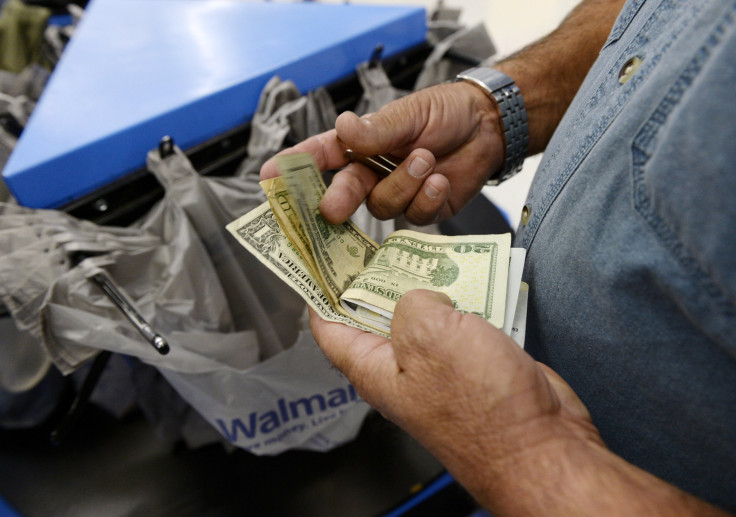Americans Feel More Financially Secure, But Still Struggle, Bankrate Survey Suggests

Americans are feeling more secure about their personal finances than they have in the last five months, according to a national survey by consumer financial services firm Bankrate. But that may not be saying much.
Even as Americans tell pollsters they feel more financially confident, some 41 percent of people surveyed say their primary financial goal is simply getting by -- catching up on bills and paying current living expenses. That’s up from about one-third of Americans in 2012 and 2013.
And 22 percent say their primary financial goal is paying down debt. Seventeen percent say saving is a top priority, but nearly one-third of Americans say they’re less comfortable with the amount they have in savings than a year ago. People who live in suburbs and those 65 and older are more likely than people living in cities and those under 30 to say they’re less comfortable with their savings from a year ago.
Still, more Americans are comfortable with their job security, debt levels and net worth for the third straight month, lifting Bankrate’s financial security index to its highest reading since June. The reading hit 101.3 in November. Any reading above 100 indicates improved financial security over the past year.
About 1,000 adults participated in the phone survey, conducted by Princeton Survey Research Associates International from Nov. 6 to 9. The poll has a margin of error of plus or minus 3.5 percentage points.
About half of the unemployed say their top financial priority is getting by, compared with 37 percent of those who have full-time jobs.
The survey also showed signs of growing wealth inequality. Forty-five 45 percent of people with the highest annual incomes, $75,000 or more, say their salaries increased in the past year. Only 28 percent of those making $50,000 to $75,000 say their incomes increased.
Suburban Republicans living in the Midwest were the most likely to say their financial situations have worsened in the past year, compared to Northeastern Democrats living in cities.
© Copyright IBTimes 2024. All rights reserved.





















